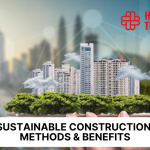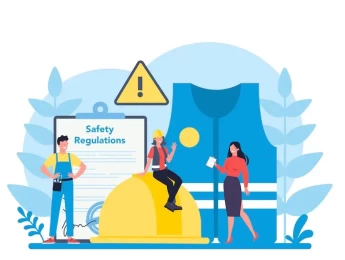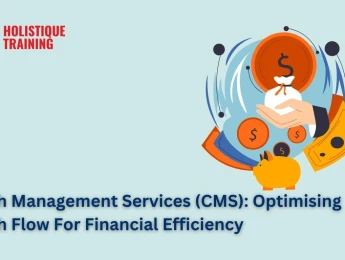In the evolving landscape of the construction industry, strategic management is pivotal for sustainable growth and competitive advantage. This course is designed to equip professionals with the tools and insights necessary to navigate the complexities of modern construction projects, focusing on innovative approaches to business strategy, project management, and sustainability.
Upon completion of this course, participants will be able to:
- Develop a comprehensive understanding of strategic management in the construction industry.
- Analyse and respond to market dynamics and competitive pressures.
- Implement innovative technologies and sustainable practices in construction projects.
- Enhance leadership capabilities and manage organisational change effectively.
- Formulate and execute a strategic plan tailored to the construction sector.
This course is intended for:
- Construction managers and project leaders seeking strategic insights.
- Business development professionals in the construction sector.
- Sustainability officers and environmental managers.
- Engineers and architects looking to integrate strategic management into their practice.
- Policymakers and consultants involved in the construction industry.
The course employs a mix of interactive lectures, hands-on workshops, and case study analyses. Participants will engage in group discussions, practical exercises, and project simulations to apply theoretical concepts to real-world scenarios. The course will also feature guest lectures from industry experts and site visits to innovative construction projects.
Day 5 of each course is reserved for a Q&A session, which may occur off-site. For 10-day courses, this also applies to day 10
Section 1: Fundamentals of Strategic Management in Construction
- Overview of strategic management principles
- The role of strategic planning in construction projects
- Case studies: Successful construction strategies
Section 2: Business Environment and Market Analysis
- Understanding market dynamics and construction industry trends
- SWOT and PESTLE analysis for construction projects
- Competitive positioning and market entry strategies
Section 3: Innovation and Technology in Construction
- Leveraging technology for strategic advantage
- Emerging trends: BIM, IoT, and AI in construction
- Case studies: Technological innovation in construction
Section 4: Sustainability and Risk Management
- Integrating sustainability into business strategy
- Risk management frameworks and best practices
- Case studies: Sustainable construction projects
Section 5: Strategic Leadership and Change Management
- Leadership skills for strategic management
- Managing change and innovation in construction
- Developing a strategic action plan
Upon successful completion of this training course, delegates will be awarded a Holistique Training Certificate of Completion. For those who attend and complete the online training course, a Holistique Training e-Certificate will be provided.
Holistique Training Certificates are accredited by the British Assessment Council (BAC) and The CPD Certification Service (CPD), and are certified under ISO 9001, ISO 21001, and ISO 29993 standards.
CPD credits for this course are granted by our Certificates and will be reflected on the Holistique Training Certificate of Completion. In accordance with the standards of The CPD Certification Service, one CPD credit is awarded per hour of course attendance. A maximum of 50 CPD credits can be claimed for any single course we currently offer.
- Course Code IND04 - 126
- Course Format Classroom, Online,
- Duration 5 days













